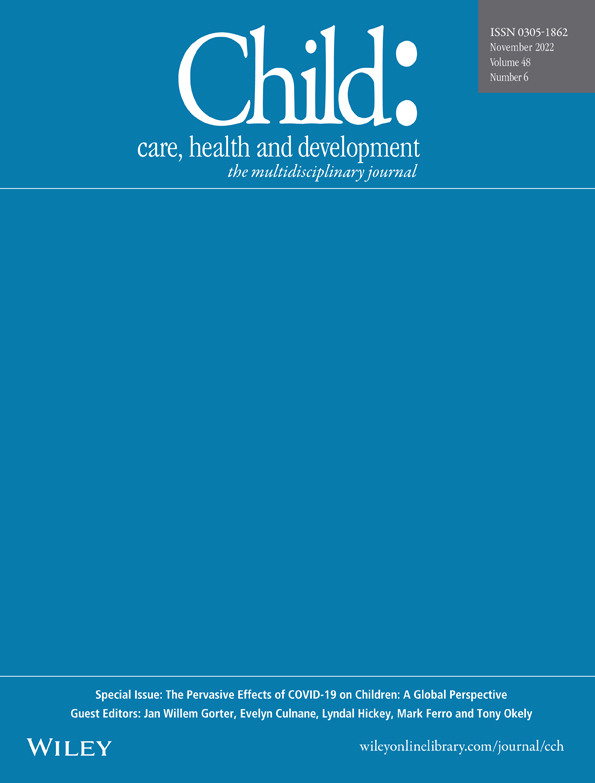Motherhood and vaccine refusal in the United Kingdom: A new examination of gender, identity and the journey to contemporary non-vaccination
Abstract
Introduction
Contemporary research into non-vaccination has highlighted some of the attitudes, beliefs and characteristics of non-vaccinating parents with recent research also beginning to examine the journey to non-vaccination. However, the interaction between gender, identity and non-vaccination is less well understood, as well as the non-vaccination journey for parents in the United Kingdom.
Methods
Using purposive sampling, we recruited mothers who have rejected some or all of their child's routine vaccinations in the last 5–10 years. Semi- structured interviews were conducted by phone in late 2020 and analysed using thematic analysis.
Results
Ten mothers were interviewed. They differed in socio-economic, educational and cultural backgrounds, yet all wanted the same thing: to have happy and healthy children, a goal which they saw as their responsibility and within their control and did not include vaccination. Within this shared parenting priority, identities varied considerably. Most mothers strongly rejected the label or identity of ‘anti-vaxxer’, preferring alternative terms with less negative social connotations. The decision not to vaccinate was predominantly made by mothers, describing a dynamic where mothers (rather than fathers/partners) were clearly responsible for their children's health, but this largely appeared to be internalized as the mother's role.
Conclusions
The heterogeneity of mother's identities within the non-vaccination movement and the pressures on mothers to raise children with ‘optimum health’ explored in this study suggest that non-vaccination is a largely individual choice that requires nuanced and compassionate engagement to understand the root causes behind this decision.
CONFLICT OF INTEREST
The authors have no interests to declare.
Open Research
DATA AVAILABILITY STATEMENT
Research data are not shared.




